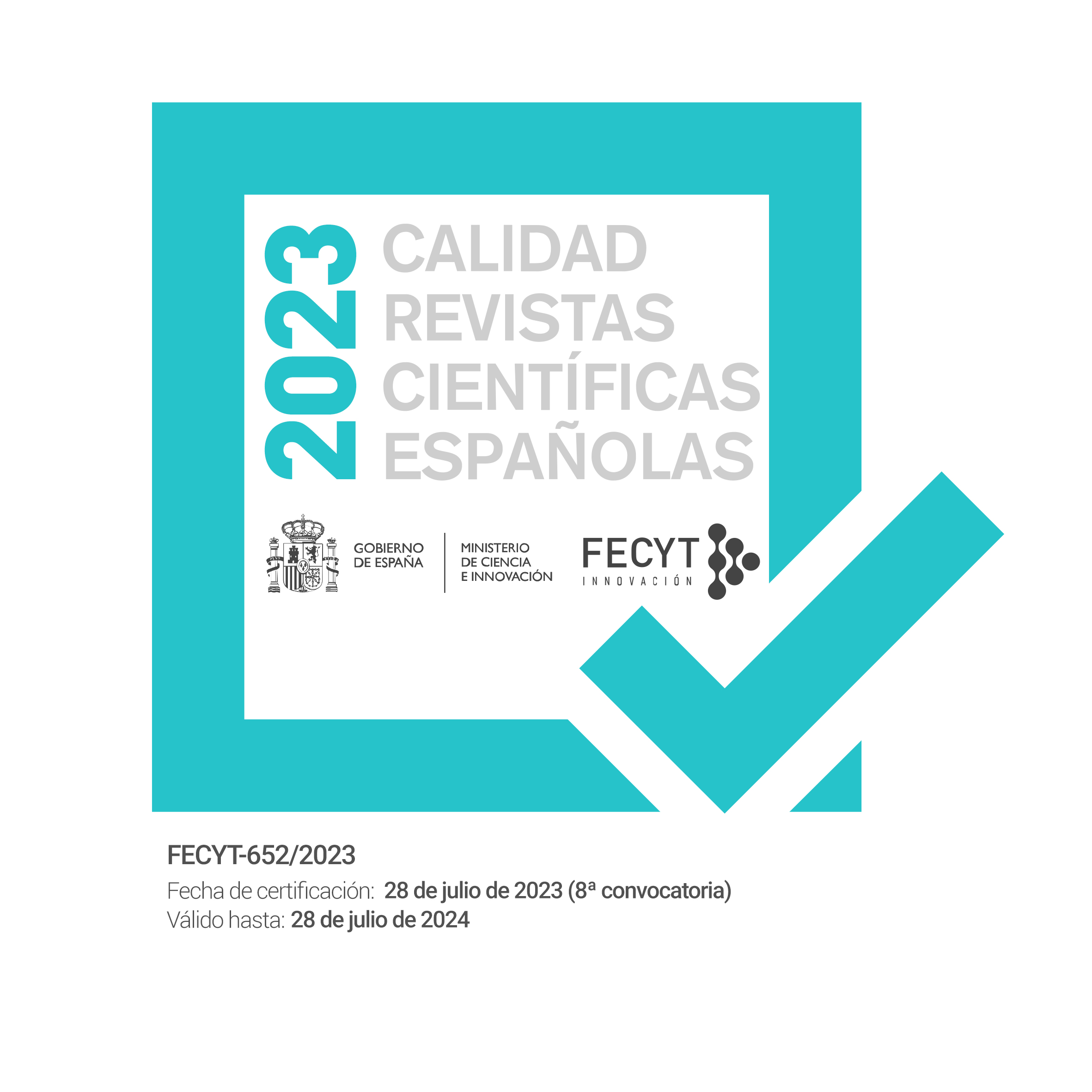A comparative study of requests among L2 English, L1 Persian, and L1 English speakers
Palabras clave:
Pragmatics, speech act of request, semantic formula, status of interlocutorResumen
Abstract. The present study aimed to examine the issue of production of requests by Iranian EFL learners, native speakers of Persian, and native speakers of English; exploring the type, frequency, and the content of semantic formulae with regards to the status of the interlocutors (higher or of equal power). For the purpose of this study, 30 Persian speaking learners of English were asked to fill out a Discourse Completion Test (DCT), consisting of 12 situations regarding the speech act of request. In addition, 30 native speakers of Persian were also asked to fill out the same DCT, rendered into Persian, for the purpose of investigating L1 transfer. For a cross-linguistic comparison the DCTs were sent to 30 Canadian native speakers of English through e-mail for completion and were then sent back to the researchers after completion. All 90 participants were female ranging between the ages of 20 to 23. The EFL learners were seniors majoring in English. However, the native speakers of Persian were from different majors excluding English. All data were coded and analyzed based on Hudson et al.’s (1995) model. The results revealed that there were differences in the frequency and type of strategies used in requests made by the three groups. For instance, while all three groups used opener (RSM strategy) such as hello, hi, excuse me, and sorry, the native speakers of English used it the most. On the other hand, some strategies were only used by the native speakers of English such as introducing themselves categorized under RSM strategies. In line with Eslamirasekh’s (1993) findings, the results revealed the Persian speakers to make requests with less use of supporting strategies (direct strategies) whereas the English speakers produced more supportive strategies (indirect strategies). Overall, the results of this study indicate that making requests is a complex, multi-causal task as it requires the acquisition of the socio-cultural values of the L2 culture.Descargas
Publicado
Número
Sección
Licencia
Reconocimiento – No comercial (CC BY-NC). Bajo esta licencia el usuario puede copiar, distribuir y exhibir públicamente la obra y puede crear obras derivadas siempre y cuando estas nuevas creaciones reconozcan la autoría de la obra original y no sean utilizadas de manera comercial.
Los autores retienen todos sus derechos de publicación y copyright sin restricciones.








